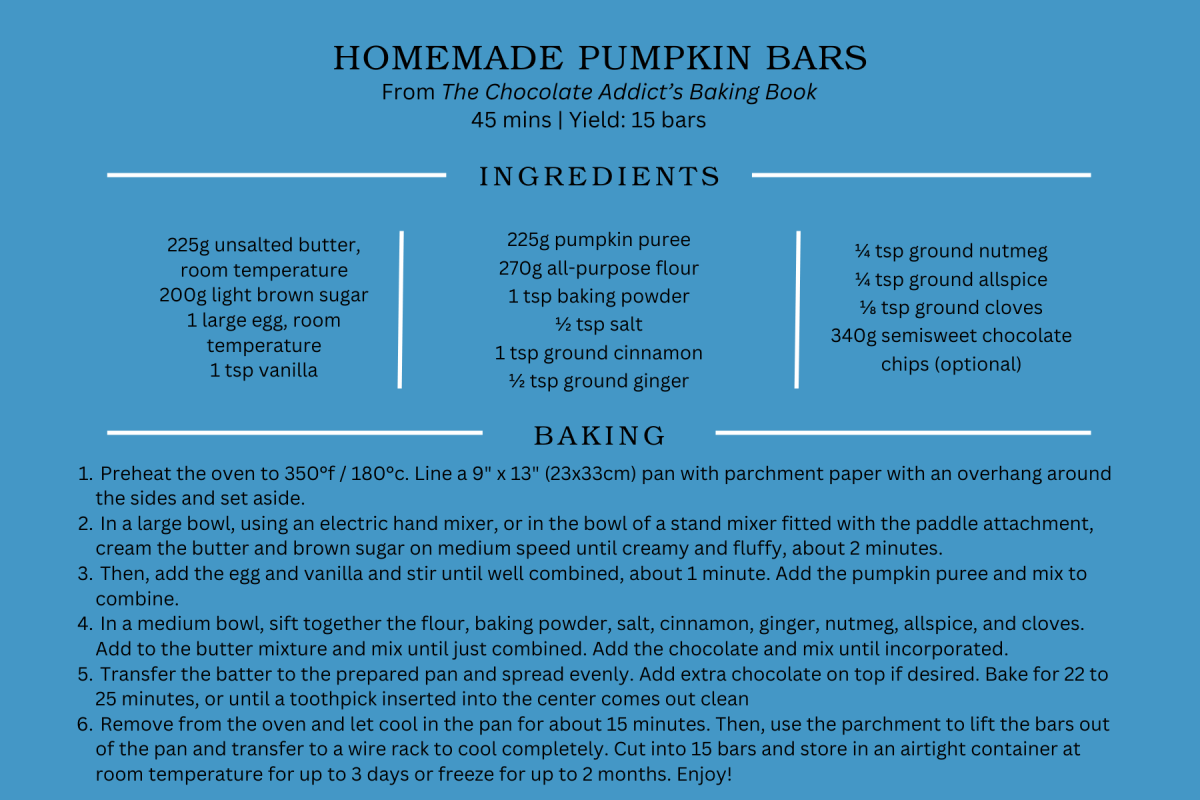Most of us have either heard about going gluten-free or seen the gluten-free labels on food items, but many of us don’t actually know anything about either of these topics, let alone what the words “gluten” and “gluten-free” even mean.
Gluten is a protein found in grains, such as wheat, barley, and rye, that creates the elasticity found in dough, and helps to keep its shape. The gluten-free diet is often prescribed to people with celiac disease, which is found relatively common. Celiac disease results in an immune reaction to eating gluten. Also known as gluten-sensitivity, people with this experience many symptoms, e.g. diarrhea, stomach upset, abdominal pain, and bloating.
There is a common misconception that a gluten-free diet is extremely healthy and causes you to lose weight; this is false. The gluten-free diet is only healthy for people suffering from celiac disease, and the diet must be done properly. Someone on a gluten-free diet needs to find a way to obtain all of the nutrients they miss out on when they stop consuming gluten.
Amy Frenkel ‘16, who has had celiac disease for eight years realizes that, “It’s becoming a trend now, a fad, to be gluten-free. It’s kind of annoying that so many people think that [gluten-free diets are healthy]. There’s no real drawback to it, but you miss out on some nutrients.”
If you think you might be celiac or gluten-sensitive, don’t stop eating gluten. Instead, go see your doctor. Doctors can’t tell whether you’re celiac or not, unless you’ve been eating gluten. You should only go gluten-free with your doctor’s consent, so they can guide you on making sure you acquire all of the nutrients you need. So even if this sounds like the absolute solution to maintaining a healthy diet or an attempt to lose a few pounds, it is encouraged to think twice before making this decision and seeing an expert about what is the best fit for you.














